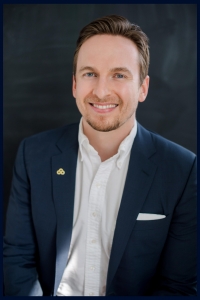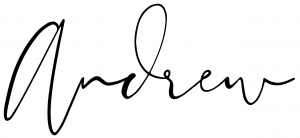I was born into incredible privilege so, for reasons that I cannot take credit for, I have been approached as a donor all of my adult life. Through this experience, it has become clear to me that the traditional approach to philanthropy is not working well enough for donors, nonprofits, or – most importantly – the people that they serve.
FOUNDER'S LETTER
As a donor, I have had the honor of sitting down with hard-working leaders from countless different nonprofits. The conversations generally follow a familiar format: I am reminded of the pressing challenges facing our community, informed of the organization’s approach to addressing them, and provided with promising figures and moving examples of the progress being made. I walk away feeling inspired by and grateful for the critical, selfless work being conducted and knowing that I would feel good about giving to any of them.
But I also walk away feeling ill-equipped to make a thoughtful decision. With thousands of nonprofits to consider and without consistent, reliable impact metrics to compare one organization to the next, I am left to rely on my own intuition, contextual knowledge, and sphere of influence to drive my philanthropic decisions. This personal toolkit falls short of answering what is for me the most important question: is investing in this organization the most impactful way to fight poverty in my community?
Over time, I have come to learn that this traditional approach is broken for nonprofits, too. Without the tools to measure their impact, a nonprofit addressing poverty is often left to compete for resources based on its ability to effectively communicate narratives and build networks. In my experience, leaders of such organizations would prefer to be rewarded based on something much more important: the objective impact of their poverty-fighting work.
It doesn’t have to be this way.

In 2014 I moved to San Francisco, a city that was doing incredibly well for many but also leaving many others tragically behind. Through a role working in the Mayor’s Office, I learned about the innovative people and organizations working to address these pressing challenges. The work that rose to the top was that of Tipping Point Community, a poverty-focused funder that is part of a growing national ecosystem of organizations – started by the Robin Hood Foundation in New York City – taking an evidence-driven approach to identifying, funding, and scaling the work of top nonprofits.
These funders are thoughtfully disrupting the traditional philanthropic marketplace by leveraging the full power of data, research, and analytics to drive new energy, resources, and insights into poverty alleviation. I saw first-hand the power that this model was having in communities on both coasts, and I knew that it was needed in the Twin Cities.
Minnesota is the most generous state in America, yet we have some of the worst socioeconomic disparities in the country to show for it. If that’s not a reason to rethink how we are approaching this crisis as a community, then I don’t know what is. I believe that the Constellation Fund is a necessary step in that direction.
Through Constellation, I see an opportunity to thoughtfully reshape the philanthropic landscape in the Twin Cities. I see the opportunity to put to use the best available information to identify the poverty-fighting organizations doing the most impactful work, and to surround those organizations with financial and capacity-building support so that they can do more of that work even better.
Ultimately, through this work, I see an opportunity for measurable progress in the fight against poverty. Low-income individuals and families deserve access to the most impactful services that can help them break the cycle of poverty once and for all. To achieve this, the good intentions of our incredible philanthropic community must yield great results. And that’s what Constellation is all about.
I believe that smart philanthropy is kind philanthropy and invite you to join us in that effort.
My best,

Andrew Dayton
Founder & CEO
The Constellation Fund


